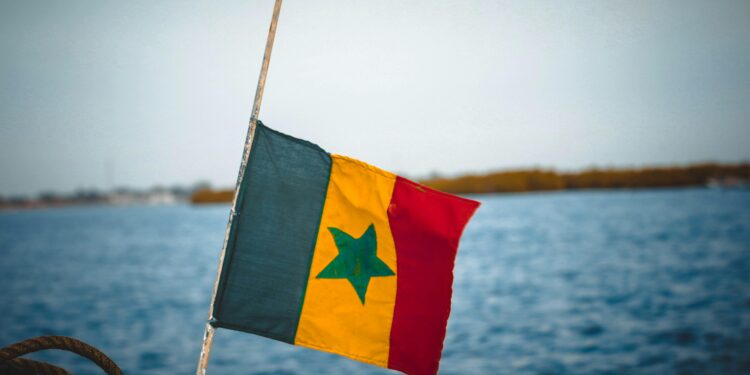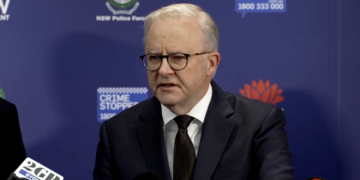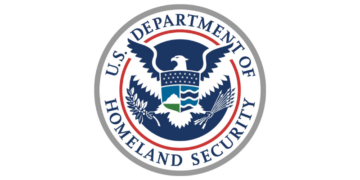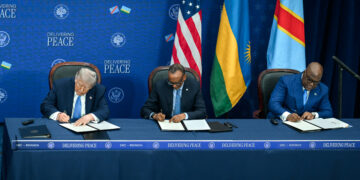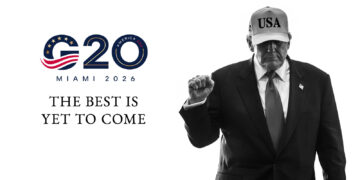Senegal is grappling with a growing fiscal crisis following the discovery of $13 billion in previously unreported public debt, accumulated between 2019 and 2023. The audit, commissioned by President Bassirou Diomaye Faye’s administration after it took office in April 2024, revealed liabilities that the previous government had not disclosed.
The revelation triggered a downgrade from credit agency Standard & Poor’s and led the International Monetary Fund (IMF) to suspend disbursements from its current loan program with the country. The IMF had estimated Senegal’s debt-to-GDP ratio at 74% at the end of 2023, but the updated figures suggest it could be nearing 100%.
An IMF delegation is scheduled to visit Dakar in August to review the debt misreporting and begin talks on a potential new financing arrangement. IMF spokesperson Julie Kozack said the mission would focus on outlining steps required to resolve the misreporting case and explore a new program framework.
Despite the pause in funding, the IMF has acknowledged Senegal’s commitment to improving fiscal transparency. Kozack noted the Fund appreciates the administration’s efforts to address financial discrepancies and implement structural reforms.
However, internal divisions are complicating recovery efforts. Prime Minister Ousmane Sonko publicly accused President Faye of failing to shield him from political attacks, following a Supreme Court decision upholding Sonko’s defamation conviction. Although the two have since made public attempts to present a united front, tensions persist.
The uncertainty has impacted Senegal’s financial standing. A planned regional bond issuance was pulled after markets demanded high interest rates, in contrast to neighboring Côte d’Ivoire’s successful sale. Foreign aid has also decreased, with external grants down by over 70% compared to the previous year.
The upcoming IMF visit may prove critical in determining Senegal’s path forward, as the country seeks to restore international confidence and stabilize its economy.



